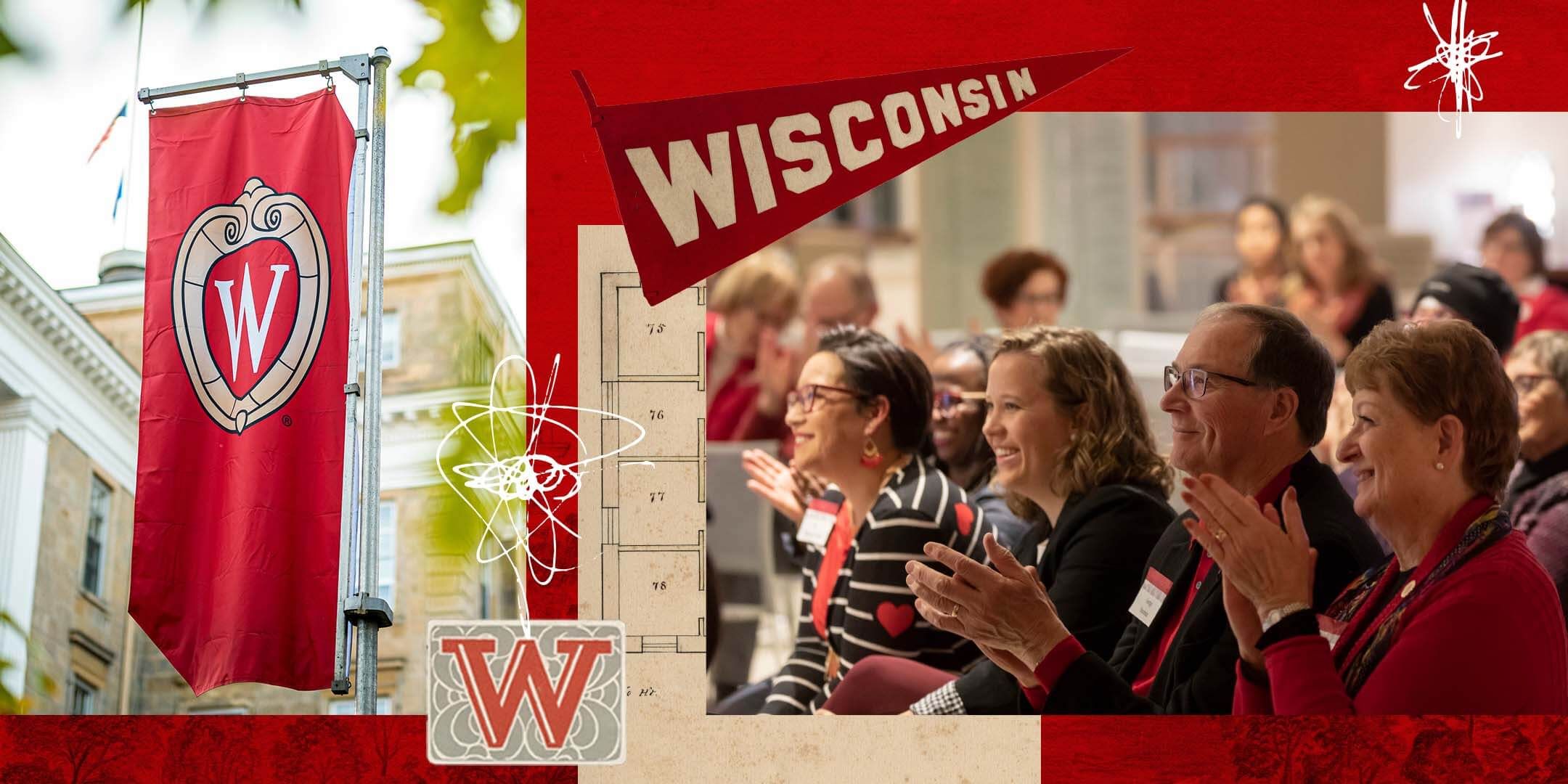Since 2001, UW–Madison has done significant research on Alzheimer’s, a disease for which there is no cure. In that time, nearly two thousand people have taken part in a groundbreaking study that has set the foundation for current and future research. This year, the University of Wisconsin School of Medicine and Public Health was chosen to lead a five-year study to advance the field of Alzheimer’s and related dementias. How did the UW begin to lead work in this space? What is the state of research on Alzheimer’s right now? And most importantly: is a cure on the horizon?
Join fellow UW alumni and friends online for a livestream and Q & A with a panel of experts who will discuss these issues, as part of a commemoration of UW–Madison’s 175-year history of being a place where an idea can change the world. Mike Knetter, CEO of the Wisconsin Foundation and Alumni Association, will moderate the talk, and viewers will be able to ask questions via the live chat.
Speakers
Sanjay Asthana is the founding director of the Wisconsin Alzheimer’s Disease Research Center (ADRC). In addition to his work as director of the Wisconsin ADRC, Asthana holds several leadership positions at the University of Wisconsin, including associate dean for gerontology, director of the Geriatric Research, Education, and Clinical Center at the William S. Middleton Memorial Veteran’s Hospital, and director of the National Institutes of Health (NIH)–funded Biology of Aging and Age-Related Diseases Training Grant. The NIH has continuously funded him for more than 22 years, and he has published extensively in the fields of hormone therapy, Alzheimer’s disease, and gerontology.
Nathaniel Chin ’06, MD’10 is the medical director and Clinical Core coleader for the Wisconsin ADRC and medical director for the Wisconsin Registry for Alzheimer’s Prevention. In addition, he is an associate professor of geriatrics and gerontology in the UW–Madison School of Medicine and Public Health. Chin grew up in Watertown, Wisconsin, and earned undergraduate and medical degrees from UW–Madison. While Chin was completing his internal medicine residency at the University of California–San Diego, his father was diagnosed with early-onset Alzheimer’s disease. His father’s condition influenced the way he began to look at his own career, and Chin pursued a career as a geriatrician and scientist focused on dementia, specifically Alzheimer’s disease. He collaborates with many of the researchers at the Wisconsin ADRC and oversees clinical care provided to research participants.
Amy Kind ’96, MD’01, PhD’11 is the leader of the Care Research Core of the Wisconsin ADRC, a professor in the UW’s Division of Geriatrics and Gerontology, and associate dean for social health sciences and programs, in which role she serves as executive director of the $400 million Wisconsin Partnership Program grant-making endowment. She is the founding director of the UW Center for Health Disparities Research, and she provides oversight to the Milwaukee-based Center for Community Engagement and Health Partnerships. Kind is an international leader in the field of social exposome — the connection of social factors to health — especially in relation to brain health disparities.
A recording and recap of the livestream will be available on uwalumni.com after the event.
This event is hosted by the Wisconsin Alumni Association®.



